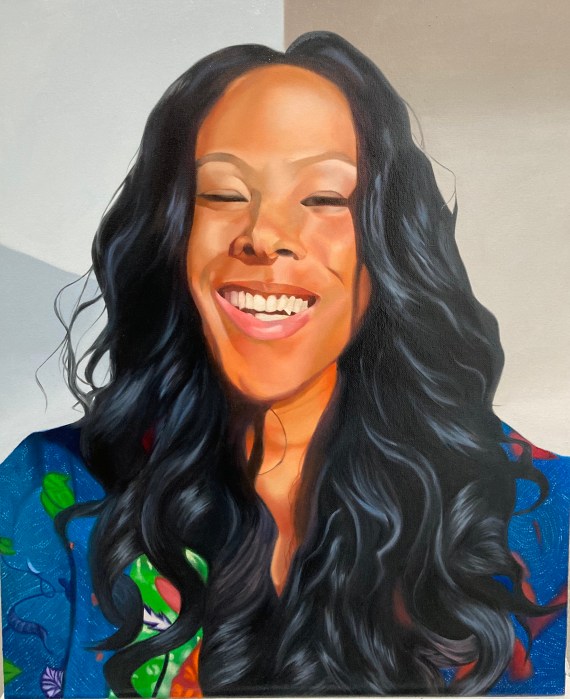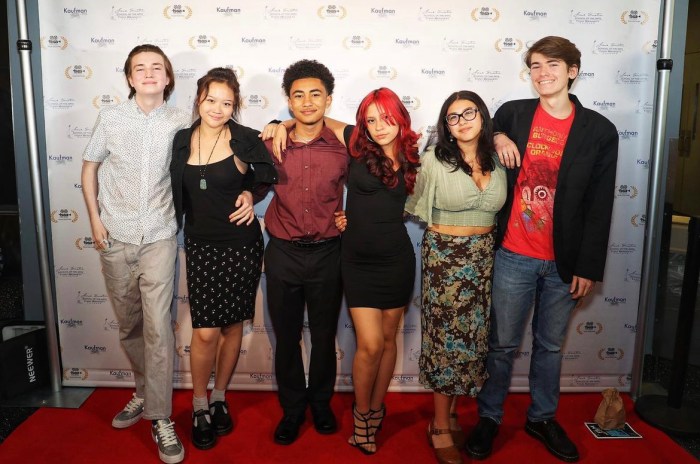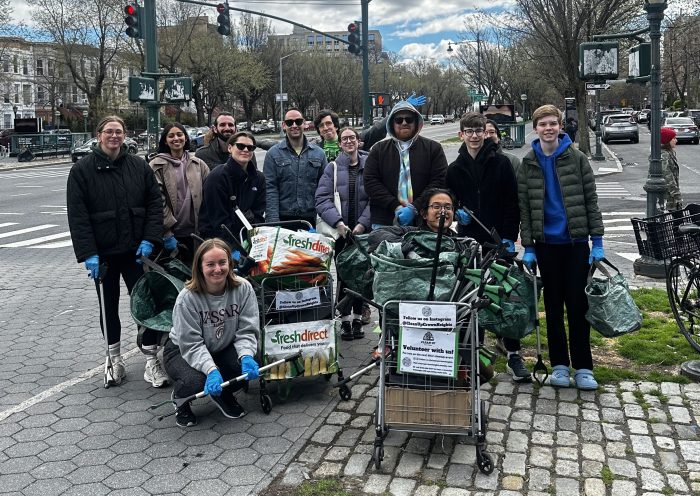The cheap plastic grocery bag has long been an iconic part of the landscape in Brooklyn, where I live.
With so many creative people living here, it makes sense that the bags, often draped from trees like distressingly futuristic fruit, have received literary and artistic consideration.
The New Yorker published Ian Frazier’s two-part consideration of the subject in 1994, which he revisited in 2004, “Bags in Trees: A Retrospective.” The following year, in Wayne Wang’s indie film “Blue in the Face,” Frazier described his passion for picking bags out of the trees in Prospect Park with his invention, a “bag-snagging” device.
We live in hope that one of our neighbors develops a similar dedication to picking up dog poop that has been left on the sidewalk in bags that look disgusting and never biodegrade.
When littered, plastic bags are gross and can harm birds and wildlife. But their accumulation in landfills — or in the Great Pacific Garbage Patch, a horrifyingly large stretch of the ocean where much of the world’s plastic ends up — may be even more ecologically destructive. That’s why it was sensible of the City Council to act in May to reduce our use of plastic bags by imposing a 5-cent fee on their use. The policy is mild; after all, some cities (Portland, Oregon, Mexico City) and even some countries (Bangladesh, Rwanda) ban plastic bags outright.
Yet Albany appears to be standing in the way. The State Senate just passed a bill to block the City Council’s measure, and now, the council has agreed to delay implementing the fee until February. Meanwhile, the Great Pacific Garbage Patch continues to metastasize, and bags keep littering our trees and sidewalks.
I’m not one of those virtuous earth mothers who carries her reusable bag everywhere. I have an often-unmanageable pile of plastic bags under my kitchen sink. Some people easily incorporate environmentalism into their daily lives, but many are lazy and flawed like me.
That’s why policy changes like the one the council is attempting are crucial. It would be more effective to ban the bags, but this incentive is better than nothing. Our local elected representatives are right to take this small step to delay implementation, and Albany shouldn’t interfere.
Liza Featherstone lives and writes in Clinton Hill.

















